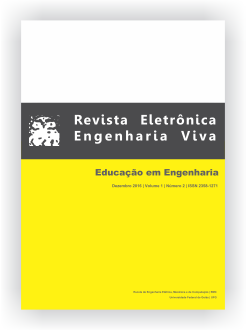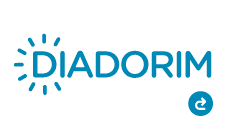The Perceptions of Engineering Teachers on a “Practice What You Preach” PLE Training Program
Resumen
This study is meant as contribution to the theoretical foundations and practical applications of the PLE (Project-Led Education) methodology, which is still very incipient, and requires much discussion about how and with what results it has been being used in engineering programs throughout the world. The purpose of this paper is to present a conceptual model of engineering teachers’ necessary competencies in PLE developed by eight teachers from one of those three universities studied by Tavares & Campos (2013), who decided to prepare themselves for the PLE methodology new teaching roles, through a training program designed on the basis of PLE methodology itself, which would allow them to experience the PLE methodology from their students’ perspective. A synthesis on the teachers' perceptions about the training program, obtained through a Likert scale questionnaire, and confirmed through observation and unstructured interviews, indicated that a teachers' training based on the PLE methodology can be an effective way for universities to help them understand students’ and teachers’ roles in this new educational methodology.
Citas
S. R. Tavares and L. C. Campos. A survey on the synergy between teaching and learning approaches in Brazilian Engineering Schools. In: 5th International Symposium on Project Approaches in Engineering Education: Closing the Gap between University and Industry. Eindhoven: PAEE, 2013.
Descargas
Publicado
Número
Sección
Licencia
Copyright
The author is responsible for the following statements by submitting an article electronically in the International Journal of Alive Engineering Education (IJAEEdu):
a) States that the document in question was reviewed by an expert in English language and it is an original work and it holds the prerogative to grant the rights contained in this license. It also states that the document does not infringe, as far as it is possible to know the rights of any other person or entity.
b) If the document in question contains material which does not hold the copyright, the author states have obtained the copyright holder’s permission to grant the Universidade Federal de Goiás (UFG) the rights required by this license, and that such material whose rights are third is clearly identified and acknowledged within the text or content of the document.
c) States that the study was conducted in accordance with the ethical standards of all applicable institutional, local, national and international guidelines.
d) It also states that any person appointed as author or co-author of the document is aware of it and agrees to be so appointed.
Authorization Form
As responsible for the submission of the document, I authorize the School of Electrical, Mechanical and Computer Engineering of the Federal University of Goiás to provide the paper free of charge, through the Electronic System for Publishing Magazines UFG (SEER / UFG) or in printed form, without compensation of copyright, in accordance with Law No. 9610/98. Is allowed, reading, printing and / or download, as a promotion of the Brazilian scientific production. Any use of the work not authorized under this license or the copyright law is prohibited.



